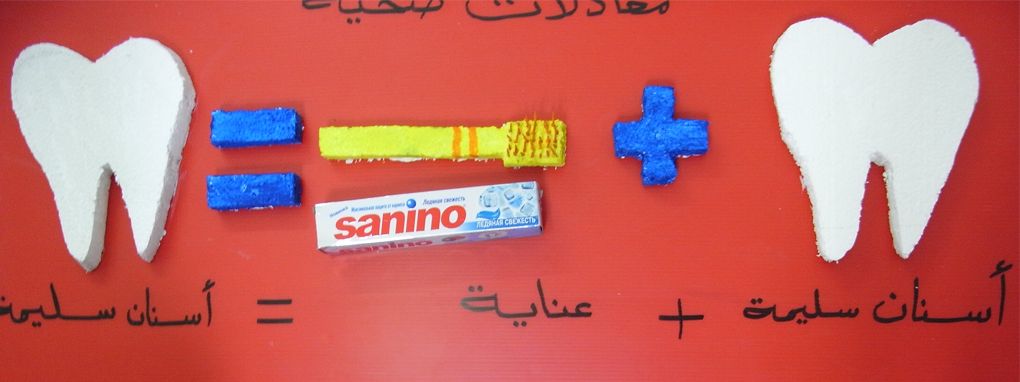We encourage teachers and students to engage with the monitoring and evaluation of the programme. We believe that learning outcomes should not be measured solely in terms of end results, but also on an understanding of the learning processes that lead to them.
Learning has to be a positive experience and about creating a positive belief in the learning process. We all know it isn’t always that simple, but we have to make sure that we all have a say in it and feel a sense of our own value in making it happen in ways that suit the learners.
Monitoring and Evaluation is about facilitating enquiry and dialogue. It is meant to be formative and therefore to open up opportunities for reflection on how the programme is progressing and to give students and teachers control of the programme.
It helps to sound out honest and free opinions on what we call the 3 Ps:
1. Participation of students
2. Progress of the Programme Plan
3. Planning Ahead
Monitoring and Evaluation activities help to answer what we call the 3 Big Questions:
1. Are we doing what we said we would do?
2. How are we feeling about what we are doing?
3. Are we happy about the direction we are going in?
Monitoring and Evaluation is therefore integral to the programme. These are our 10 good reasons:
1. To be more focused on the teacher and students than on the activities
2. To provide greater clarity about the changes we are trying to achieve and how the activities help to achieve change
3. To provide greater understanding and awareness of the aims and objectives of the programme
4. To determine which intended learning outcomes of the programme are being achieved and to plan accordingly so that there is consensus on priorities for present and future objectives and outcomes
5. To provide feedback to students on their learning, enabling them to improve their performance
6. To encourage esteem and confidence of students and teachers in planning and directing their learning paths
7. To provide extra support and guidance for teaching and learning
8. To evaluate the effectiveness of the teachers’ and students’ delivery of the programme
9. To demonstrate the effectiveness of the delivery of the programme
10. To provide feedback to Schools Across Borders of what improvements can be made to the programme format and content
Find out about the formative and summative assessments we carried out in previous programmes



